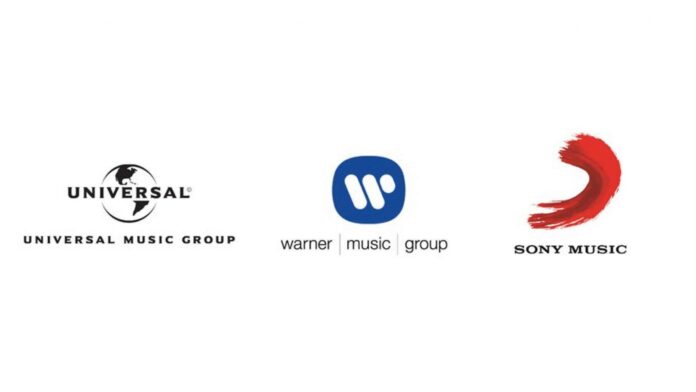Ahead of the United Nations Climate Change Conference starting tomorrow (Nov. 3) in Dubai, Sony Music, Universal Music Group and Warner Music Group have announced the creation of the Music Industry Climate Collective (MICC). This alliance will work to address the challenges and changes in the global climate and how they relate to the music industry.
The MICC’s first initiative will be offering comprehensive sectoral guidance for measuring scope 3 greenhouse gas emissions, defined as “emissions that are not produced by the company itself and are not the result of activities from assets owned or controlled by them, but by those that it’s indirectly responsible for up and down its value chain.”
For the music sector, the vast majority of greenhouse gas (GHG) emissions are in scope 3.
MICC’s members have already worked with scientific experts on their first draft of the sectoral guidance, which will be made available to industry participants. MICC’s members have also initiated calls for wider industry input through an advisory council composed of independent record labels, value chain partners, and climate experts. The guidance will be further developed through an inclusive, multi-stakeholder process.
The American Association of Independent Music, a non-profit trade organization representing more than 600 independently owned U.S. record labels, will serve as an advisor to the MICC. A2IM will assist in myriad ways, initially with recommendations on how best to include small-to-medium-sized businesses in this initiative.
“This initiative demonstrates what can be achieved when music leaders come together with a shared vision and commitment to sustainability,” the MICC’s founding members say in a group statement. “We are proud to collaborate to amplify environmental stewardship and offer practical recommendations and strategies tailored to the unique needs of music companies, regardless of their size or scale of operations.
“Together, we must continue to make progress on this vital priority,” the statement continues. “We welcome all to join us in reducing our industry’s carbon footprint by working together to ensure an environmentally responsible future for music and our planet.”
2023 is on track to be the hottest year on record, with many concerts and festivals affected by climate change since the start of the year.






























